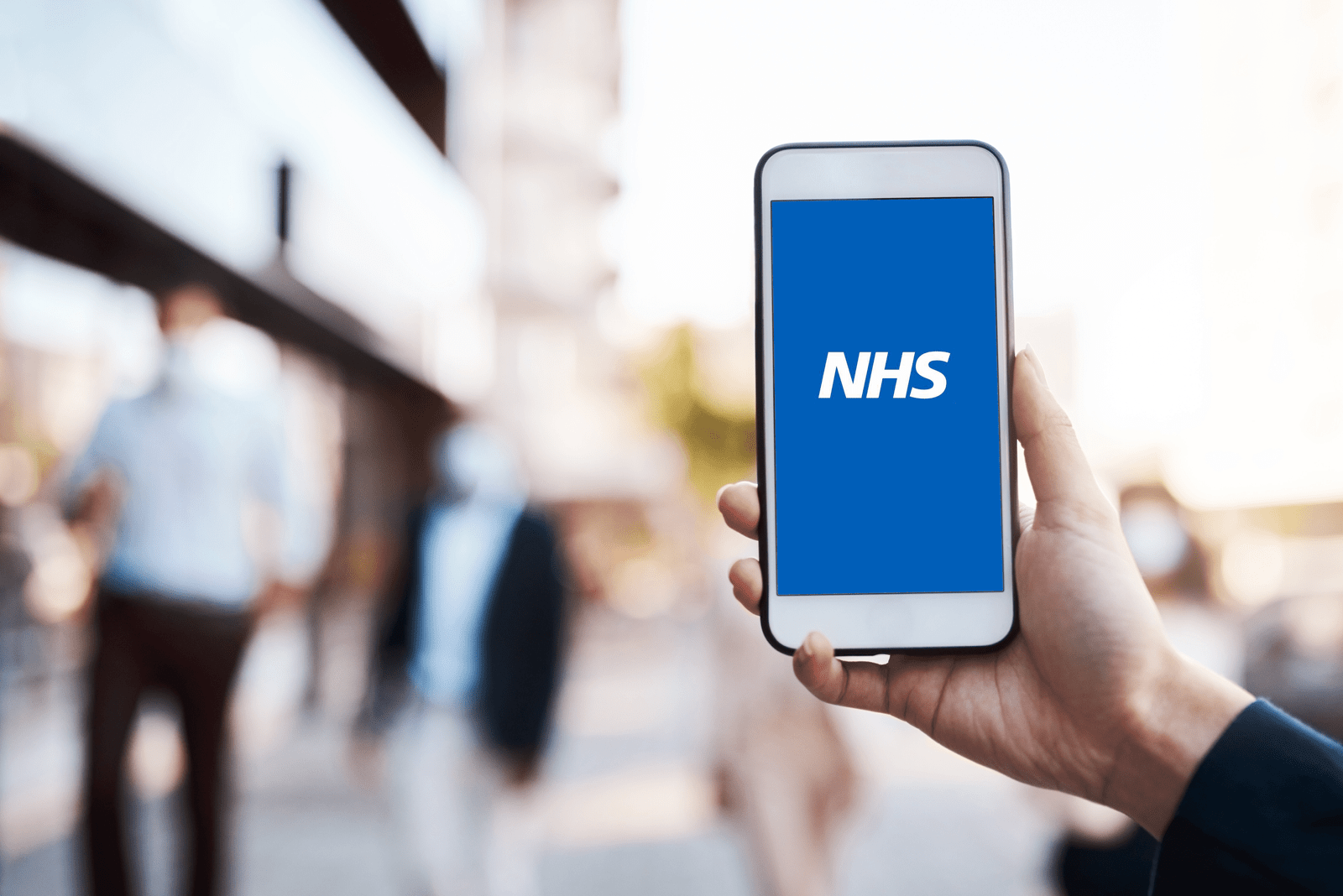
Digital Revolution in Healthcare: NHS to Transform Patient Interaction with App-Based Access
In a significant move toward modernizing the NHS, the UK government is planning to revolutionize patient access to medical records. Under new reforms, full medical records, test results, and doctor letters will soon be available through the NHS App as part of a wider digital overhaul. The changes are part of a broader 10-year strategy aimed at reshaping how patients interact with healthcare services in England.
Currently, medical records are fragmented, with data held at different locations such as GP practices and hospitals. The new reforms seek to consolidate these records into a single digital patient record accessible via the app, which officials claim will enhance the speed and accuracy of care. This step follows a contract with Palantir to create a unified database, making it easier for patients and medical professionals to access and manage healthcare information.
Embracing Digital Transformation
The NHS App, which gained prominence during the COVID-19 pandemic, is already used by millions to book appointments, order prescriptions, and access their COVID pass. The upcoming changes are expected to expand its functionality significantly, potentially transforming it into the primary interface between patients and the NHS.
Health Secretary Wes Streeting emphasized that this “digital revolution” will help the NHS move from outdated analogue systems to modern, integrated digital solutions. The new app-based system is expected to reduce the need for repeated medical tests, accelerate patient care, and minimize medication errors by providing all relevant medical information at healthcare professionals’ fingertips.
Streeting also launched a public consultation to gather input for the long-term strategy, inviting patients and healthcare professionals to shape the future of the NHS. He stated, “The NHS is going through the worst crisis in its history, but together we can fix it.”
Privacy Concerns
However, the move has raised concerns about data security. Privacy groups, such as MedConfidential, have expressed worries that sensitive patient information could be at risk of misuse. They warn that centralizing medical data could open the door to breaches, with the potential for information to be accessed by unauthorized staff or sold to third parties. In recent years, incidents of NHS staff inappropriately accessing celebrity medical records have heightened these concerns.
Despite these reservations, the government has promised robust safeguards, including new legislation to protect patient data. Care Minister Stephen Kinnock reassured the public that patient confidentiality will remain a top priority, with a “cast iron guarantee” on data protection built into future laws.
A New Era for Healthcare Delivery
In addition to the digital reforms, the 10-year NHS strategy will also focus on shifting more care into the community. Plans include establishing local health centers where patients can receive a variety of services—GP care, district nursing, physiotherapy, and diagnostics—all under one roof.
As the public consultation progresses, the government hopes to hear ideas from both patients and NHS workers on how best to implement these changes. The aim is to ensure the health service can meet future challenges and improve patient outcomes.
This ambitious strategy marks a bold step forward in reshaping how healthcare is delivered in England. While the benefits of streamlining access to medical records and services are clear, concerns about privacy and data protection remain important issues for policymakers to address in the coming months.
With the NHS at a critical juncture, the success of this digital transformation will depend on careful implementation and continued dialogue with all stakeholders, ensuring the safety and privacy of patient data while improving the quality of care.

